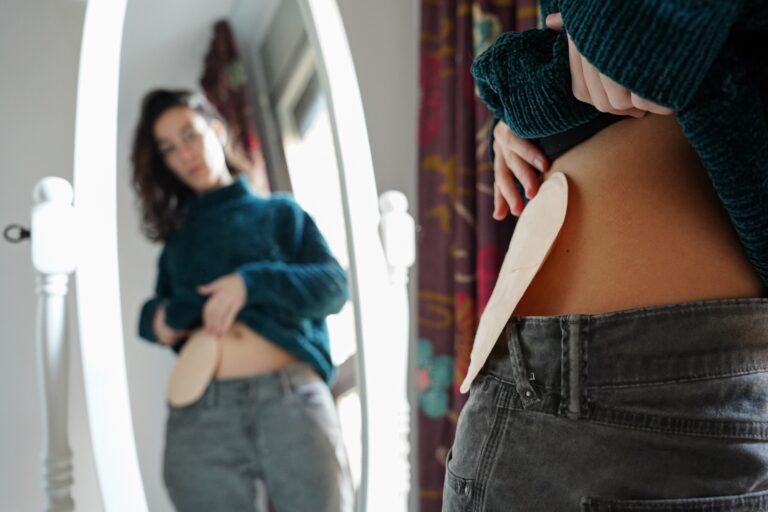
Claiming the costs of surrogacy in an action for personal injury
The aim of any personal injury claim is to return the injured party to the position they would have been in, had the accident not happened. This is something the courts refer to as “restorative compensation”. For example if a Claimant worked a 40 hour week but after their injury could only manage 20 hours, a claim will compensate the Claimant for the value of the lost 20 hours they can no longer work as a result of their injury.
You can apply the same approach to the ability to have children. For many years now it has been accepted that where a physical injury has caused infertility then the Claimant will usually be entitled to claim the costs of fertility treatment such as IVF.
The case of XX-v- Whittington Hospital [2018] EWCA Civ 2839 examines the question of the costs of surrogacy, which was considered both at first instance and then in the Court of Appeal.
XX v Whittington Hospital: The facts
The Claimant in this case was badly let down when the Defendant Trust failed to detect signs of cancer from numerous smear tests and biopsies.
The delay in diagnosis meant that the Claimant was not able to have fertility saving surgery and instead she underwent chemo-radiation which led to infertility as well as severe radiation damage to her bladder, bowel and vagina.
The Claimant was able to undergo a cycle of ovarian stimulation and egg harvest producing 12 eggs which were then frozen and which the Claimant and her partner intended to use to have biological children by way of surrogacy. Of the 12 eggs, it was predicted that they would only result in one or two live births. The Claimant and her partner had intended to have four children therefore the claim also included the possibility of using donor eggs to enable them to have more children.
It was the Claimant’s preference to undergo surrogacy in California under a commercial arrangement which would be enforceable by law. In contrast, only non-commercial surrogacy is permitted in the UK. Indeed even advertising for a commercial surrogate or offering to be a commercial surrogate is a criminal offence under English law. Whilst non-commercial surrogacy is legal in the UK, a “surrogacy agreement” cannot be enforced by the law. This means that the surrogate mother is the legal mother of the child and can refuse to give the child to the intending parents. The surrogate will be the child’s legal parent until legal parenthood is transferred by parental order or adoption.
In comparison, California allows intended parents to establish legal parentage rights before the birth. This was understandably a concern of the Claimant but the Claimant also gave evidence that she felt at a further disadvantage under the UK system as it is the surrogate mother who chooses the parent and not the other way round as would be the case in California. This led the Claimant to feel that she would be “at the mercy of someone else’s choosing”.
XX v Whittington Hospital: Decision of the High Court
When the High Court first heard this case, they decided that:
- The claim for the expenses of Californian surrogacy had to fail; commercial arrangements were illegal in the UK and therefore awarding the costs (although it is legal in California), was contrary to UK public policy.
- The claim for the expenses of non-commercial surrogacy in the UK were recoverable but limited to the use of the Claimant’s own eggs. The loss suffered by the mother was the inability to have “her child” not “a child”. The use of donor eggs therefore did not return the Claimant to the position she would have been in, if the negligence had not occurred.
XX v Whittington Hospital: The Appeal
Both parties were given permission to appeal: the Claimant on the question of the recoverability of the American surrogacy costs and the use of donor eggs; the Defendant on the judge’s decision to allow non-commercial surrogacy costs.
The recoverability of the American surrogacy costs
The High Court’s decision to refuse the American costs was in part based upon the principle that it was contrary to public policy. However, the Court of Appeal highlighted numerous ways in which the UK landscape has changed in recent years regarding surrogacy. The Claimant did not intend to do anything illegal. She intended to travel to America and enter into an arrangement which was lawful in America. By entering into that arrangement she was not guilty of any criminal offence, either in the UK or abroad. The law banning commercial surrogacy within the UK relates solely to acts undertaken in the UK; not outside its borders. As such it was held that public policy was no bar to recovery of these costs.
The recoverability of the use of donor eggs in surrogacy
In the same way the Court of Appeal found the legal landscape had changed in recent years, it also found that attitudes towards surrogacy generally had changed and that suggestions that a child born with only one of its parent’s genes was somehow worth less than a child born of ‘own egg’ surrogacy no longer stood up to scrutiny in modern society. Therefore, the distinction between ‘own egg’ surrogacy and ‘donor egg’ surrogacy “does not stand up to analysis in our modern society”.
XX v Whittington Hospital : what does it all mean?
The Court of Appeal’s approach is welcomed in that it will allow other Claimants the option of claiming for surrogacy costs. However, whilst the Court of Appeal refused permission to appeal, the Defendant Trust is seeking permission from the Supreme Court to challenge the decision. So watch this space, as things may change again in the near future.
The NHS Resolution Authority’s (NHSRA) commented on the case:
“This was an extremely sad case where, due to negligence, a young woman’s cancer progressed significantly and she is unable to give birth to her own children as a consequence. It is right and proper that she obtains appropriate compensation. However, it might be thought surprising that the Court of Appeal allowed recovery of damages for an arrangement which is expressly illegal in the UK. We are therefore seeking to appeal this judgment to the Supreme Court, whose President is Lady Hale – who gave the main judgment in the Briody case in 2002. If the ruling is not overturned we are likely to see other claims for similar arrangements, which could prove very expensive for the NHS.”
In its comment, the NHSRA states that it is right and proper that the Claimant obtain appropriate compensation. However the key here, to my mind, are the words used by the Court of Appeal. They said that the Claimant is entitled to “legitimate restorative compensation”. The Claimant wanted four children and her ability to have those four children has been denied to her by the Defendant Trust. The Claimant will never experience pregnancy but the Claimant has put forward a sensible plan that does not break any laws to have the four children she and her partner dreamed of. This alternative plan will go some considerable way to restoring her to the position she would have been in, had the Defendant’s negligence not happened. To my mind at least that feels fair and would ensure as far as possible that justice has been achieved.
Return to the Women’s Health Hub










